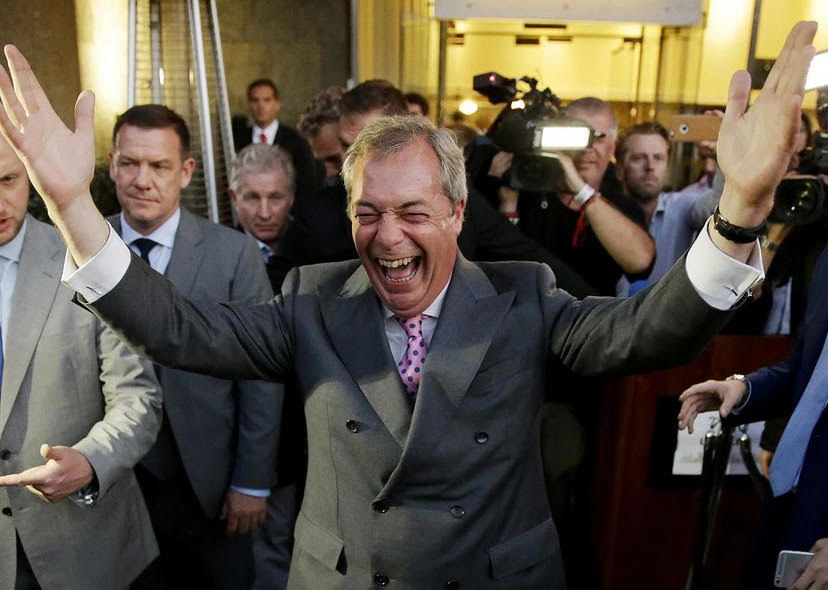The prospect of anti-EU populist Nigel Farage returning to UK politics following his audacious appearance on the television program “I am a Celebrity… Get Me Out of Here!” has been tugging at the curiosity of Britons for the past few weeks.
Since his popularity surged, particularly even more so this year, Farage has caused a stir, not just in the homes of British and Australian citizens who enjoy watching him in his most carefree form but also in politics.
His significant role in persuading a majority of Britons to vote in favor of Brexit in 2016 and his time on an Australian TV show offered him the ideal platform to return to politics.
What’s more is that no one has yet objected to his possible return, perhaps even welcoming and encouraging it, at least in the two parties he’s heavily associated with—the Conservative Party and Reform UK.
Brilliant politician
He has recently returned to the UK from Australia, and now the Britons are anticipating whether he’ll revert to being a brilliant politician or continue just being an influential figure outside the chambers.
Some politicians seriously hope for the former. According to a recent JL Partners poll, he has gained five points in popularity and now has a net popularity of eighteen among Tory voters.
Even Prime Minister Sunak himself didn’t defeat the idea of welcoming back the Brexit leader by stating that the Tory party is a “broad church” and that he “welcomes lots of people who want to subscribe to their values.”
The members of Reform UK, a party that Farage himself founded, also yearn for his return.
But amid all of this discussion and conjecture, there is one question that has to be addressed “if” he ever chooses to return to politics: What could have possibly encouraged this move?
The Wilders effect?
To those who have been following eurosceptic politicians, they may say one name in response to the question: Geert Wilders. His far-right victory last month stunned the whole world, as Wilders has always been seen in a negative light by the public, largely owing to his anti-Islamic sentiments.
However, his promises to escape the bonds that bind them to the European Union and massively restrict immigration appeared to have turned this around, with his Party for Freedom capturing 37 seats out of the country’s 150-seat legislature.
Recently, Wilders has also expressed his ambitions to become the Netherlands’ next prime minister.
And seeing all Wilders’ mighty progress, from being an outcast and belonging to a relatively weaker party to winning the election and becoming a potential candidate for prime minister, this may have inspired Farage to do the same—hypothetically.
Farage could go back to Reform UK to capitalize on his popularity and do the same thing with his own party, like Wilders.
https://theindependent.co/bidens-approval-rating-at-all-time-low/
Cover Photo: IG

